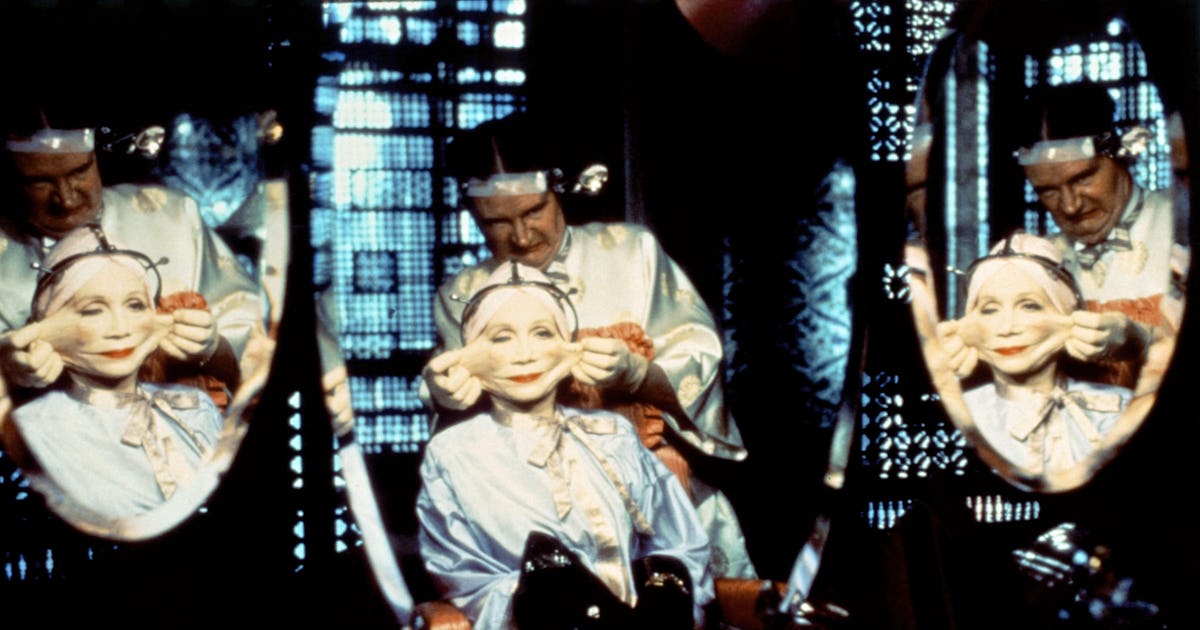
"Gilliam 's vision was for a future under a tyrannical regime, influenced by Orwell's '1984.' He combined absurdity and satire to critique the 1980s."
"Initially, 'Brazil' was met with negative reactions from American test audiences who found it too dark; studio executives pushed for drastic cuts and a happier ending."
"Ultimately, Brazil symbolizes not just a dystopian future, but a critique of the 1980s political landscape, reflecting the widening wealth gap and bureaucratic absurdity."
"Despite the challenges faced in its making, 'Brazil' secured its place as a classic example of dystopian cinema, resonating with audiences across generations."
Terry Gilliam's 'Brazil' offers a satirical, nightmarish vision of a bureaucratic future that resonates with today's chaotic society. Initially titled '1984 ½,' Gilliam aimed to depict the 1980s through the lens of George Orwell's '1984', exploring themes of oppression and absurdity amidst the era's political landscape. Despite its initial poor reception by American audiences, who found it too bizarre and gloomy, Gilliam fought against studio interference, ultimately crafting a film that is now celebrated as a sci-fi classic, reflective of ongoing societal issues regarding government and individuality.
Read at Inverse
Unable to calculate read time
Collection
[
|
...
]